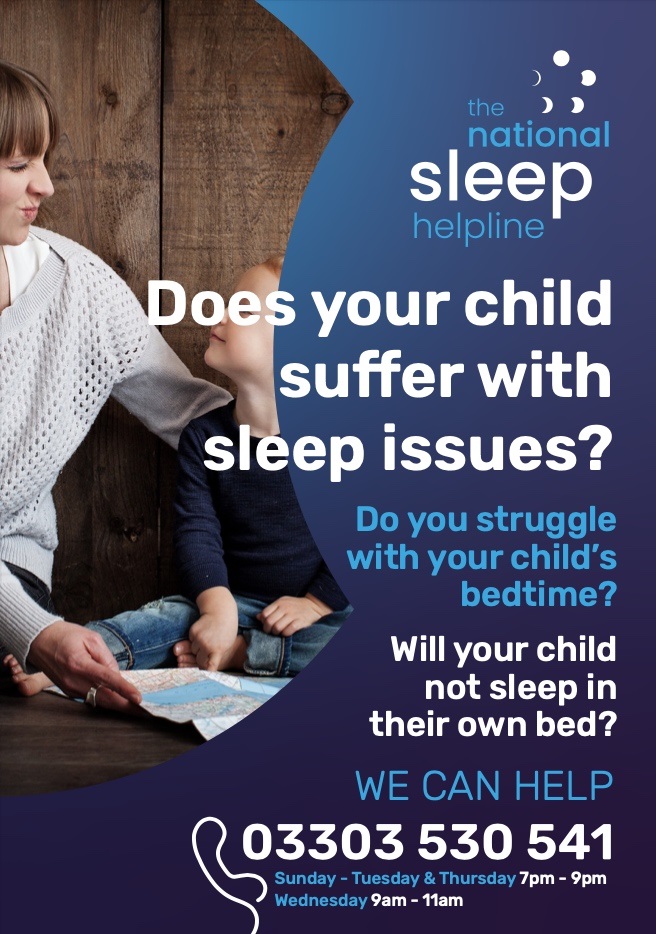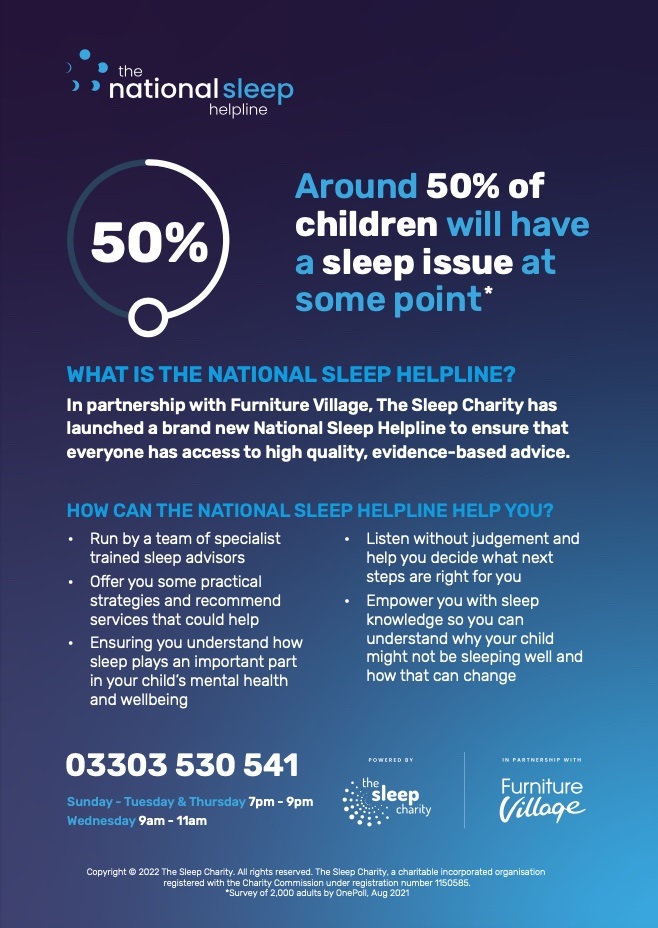Special Educational Needs
Definition of Special Educational Needs (SEN)
A child or young person has SEN if they have a learning difficulty or disability which calls for special educational provision to be made. Special educational provision is educational or training provision that is additional to or different from that made generally for other children or young people of the same age in mainstream schools. A child of compulsory school age or a young person has a learning difficulty or disability if they:
-
Have a significantly greater difficulty in learning than the majority of others of the same age; or
-
Have a disability which prevents or hinders them from making use of educational facilities of a kind generally provided for others of the same age in mainstream schools or mainstream post-16 institutions.
(SEND Code of Practice, 2014)
Levels of Support
There are two levels of support within our SEND register:
SEN Support
Where a student is identified as having SEN, action is taken to remove their barriers to learning and put effective special educational provision in place. This will take the form of a four-part cycle (assess, plan, do, review). Some students may have additional funding from the local authority to meet their needs at this stage.
Education, Health and Care Plan
Some students have an Education, Health and Care Plan. These are legal documents which set out a description of the student’s needs and what needs to be done to meet those needs by education, health and social care. Most students will have additional funding from the local authority to meet their needs at this stage.
Broad Areas of Need
Students will be categorised into one of the four broad areas of need. In practice, individual children or young people often have needs that cut across all these areas and their needs may change over time.
Communication and Interaction
Children and young people with speech, language and communication needs (SLCN) have difficulty in communicating with others. This may be because they have difficulty saying what they want to, understanding what is being said to them or they do not understand or use social rules of communication. The profile for every child with SLCN is different and their needs may change over time. They may have difficulty with one, some or all of the different aspects of speech, language or social communication at different times of their lives.
Children and young people with ASD, including Asperger’s Syndrome and Autism, are likely to have particular difficulties with social interaction. They may also experience difficulties with language, communication and imagination, which can impact on how they relate to others.
Cognition and Learning
Support for learning difficulties may be required when children and young people learn at a slower pace than their peers, even with appropriate differentiation. Learning difficulties cover a wide range of needs, including moderate learning difficulties (MLD), severe learning difficulties (SLD), where children are likely to need support in all areas of the curriculum and associated difficulties with mobility and communication, through to profound and multiple learning difficulties (PMLD), where children are likely to have severe and complex learning difficulties as well as a physical disability or sensory impairment.
Specific learning difficulties (SpLD), affect one or more specific aspects of learning. This encompasses a range of conditions such as dyslexia, dyscalculia and dyspraxia.
Emotional, Social and Mental Health Difficulties
Children and young people may experience a wide range of social and emotional difficulties which manifest themselves in many ways. These may include becoming withdrawn or isolated, as well as displaying challenging, disruptive or disturbing behaviour. These behaviours may reflect underlying mental health difficulties such as anxiety or depression, self-harming, substance misuse, eating disorders or physical symptoms that are medically unexplained. Other children and young people may have disorders such as attention deficit disorder, attention deficit hyperactive disorder or attachment disorder.
Schools and colleges should have clear processes to support children and young people, including how they will manage the effect of any disruptive behaviour so it does not adversely affect other pupils.
Sensory and/or Physical Needs
Some children and young people require special educational provision because they have a disability which prevents or hinders them from making use of the educational facilities generally provided. These difficulties can be age related and may fluctuate over time. Many children and young people with vision impairment (VI), hearing impairment (HI) or a multi-sensory impairment (MSI) will require specialist support and/or equipment to access their learning, or habilitation support. Children and young people with an MSI have a combination of vision and hearing difficulties.
Some children and young people with a physical disability (PD) require additional ongoing support and equipment to access all the opportunities available to their peers.
Our Commitment
Ensure that students with SEND make exceptional progress, achieve their personal best and are included at every level of school life
We believe that our response should be rooted in a whole school approach to ensure access, participation and achievement for all. At Tarporley High School and Sixth Form College, teachers are responsible and accountable for the progress and development of the students in their class, including where students access support from teaching assistants or specialist staff. At every opportunity we aim to raise awareness of special educational needs and disabilities with both staff and students in order to foster a shared understanding and acceptance of diversity within our school.
SEND Inclusion Team
The SEND Inclusion Team is led and coordinated by Mr M Pringle (SENCO – Inclusion Leader mpringle@tarporleyhigh.co.uk), within our Inclusion Resource Centre (STEPS). The team is part of a whole school graduated response to meeting the individual needs of students. The team supports a range of students identified as requiring SEN Support in school, in addition to those students who have an Education, Health and Care Plan (EHCP).
The SEND Inclusion Team run a variety of one to one and small group interventions within STEPS including:
-
IDL Literacy / Numeracy
-
Key Stage 3 Targeted Intervention focused on literacy and numeracy
-
Key Stage 4 Targeted Intervention focused on revision and coursework
-
Talkabout for Teenagers Social Communication Skills Programme
-
Emotional Literacy Support (ELSA)
-
Next Steps
-
Individual Mentor Sessions
-
Enrichment Catch Up Sessions
-
Break and lunchtime clubs
Quality First Teaching for SEND Students
Quality First Teaching is the first step in responding to students who may have SEND at Tarporley High School and Sixth Form College. Teachers have high expectations for all students and aim to teach them the full curriculum, whatever their prior attainment, using appropriately differentiated learning activities and/or teaching methods which takes into account their individual needs.
Local Offer
Cheshire West and Chester/ Cheshire East have a local offer which sets out in one place information about provision across education health and social care for children and young people in our area who have SEN or are disabled, including those who do not have an Education, Health and Care Plan.
Cheshire West and Chester Local Offer
Cheshire East Local Offer
SEN information Report 2024 PDF
THS SEND Waves of Intervention 2022 PDF
Access Arrangements Information PDF
SEND Guide for Parents PDF
IAS Service Overview PDF
Cheshire West and Chester Local Offer PDF
Buzz Youth Group PDF
CWAC Youth Service Provision Leaflet PDF
ShortBreaks Parent Carer Letter Jan 2022 PDF
CWaC News & Events July 22 PDF
Parent Carer Forum Survey PDF
HAF Winter Booklet PDF
Autism Service
The following information sheet has been created by the Autism service to support families of children with social communication difficulties / autism at this uncertain time.
Tips for supporting your child through the Corona Virus pandemic PDF
Top tips for parents at Christmas PDF
Transition Event 2022 Flyer PDF
Training Application Form - Autism Service DOC
Autism Inclusive
AI Newsletter FEB 22 PDF
Virtual Transition to Adulthood Event Tuesday 5th and Wednesday 6th October PDF
Parent Carer Forum Meeting 9th June 2021 PDF
Parent Support Group AM OCT20 PDF
Parent Support Group PM OCT20 PDF
Kids Gaming OCT20 PDF


